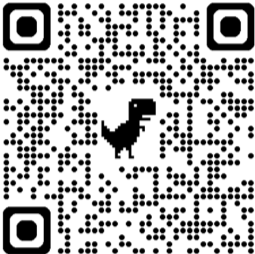Teaching Vocab.
All the vocab you will need to know before becoming a teacher
Create multiple-choice games on Wisc-Online and play them on our Chakalaka mobile app!
But that's not all! Explore educational games created by others. Simply search by category or enter agame code number and dive into a world of learning and fun.
Download the Chakalaka mobile app here:

Topics of this game:
- The effectiveness or degree w/ which individuals meet the standards of personal independence & social responsibility expected for age & cultural groups.
- A specific behavior an observer seeks to record when doing the observation.
- An oral reading miscue where a student repeats a word or portion of the text.
- An oral reading miscue where a student will reverse the order of the print or the word (will say something like of for for, etc.).
- The ability to organize & associate visually presented material in a meaningful way.
- The ability to follow & track objects w/ coordinated eye movements.
- The ability to differentiate relevant stimuli (the figure) from irrelevant stimuli (the background).
- The ability to recall in correct sequence & detail prior visual information.
- An educational placement for students w/ disabilities who attend a general education school but do not participate in the general education classroom. A special class is usually indicated for children w/ more serious disabilities who may not be able to participate in general education programs at all.
- A measure of central tendency, which identifies the point on the scale that separates a group of scores so that there is an equal number of scores above & below it. The middle score in a distribution. It is the score that separates the top half of the test takers from the bottom half.
- A test designed to measure students' "school taught" learning, as opposed to their initial aptitude or intelligence. Tests designed to assess the academic progress of a student. A student's academic achievement skills are reviewed to determine how well he/she is performing in core skill areas, such as reading, spelling, mathematics, & writing.
- Assessments other than traditional multiple-choice tests; most often used to describe performance assessments or other assessments that provide more feedback about student learning than whether the answer is correct or incorrect (Also see Accommodations)
- The determination of a child's strengths & limitations in specific areas, including academic, intellectual, psychological, emotional, perceptual, language, cognitive, & medical development. In special ed., the evaluation will determine whether a child has a disability & the nature & extent of the special ed. & related services that the child needs. A judgment about the worth or quality of something. In education, data from tests, tasks, or performances are used to make judgments about the needs
User comments are currently unavailable. We apologize for the inconvenience and are working to restore this feature as soon as possible.

